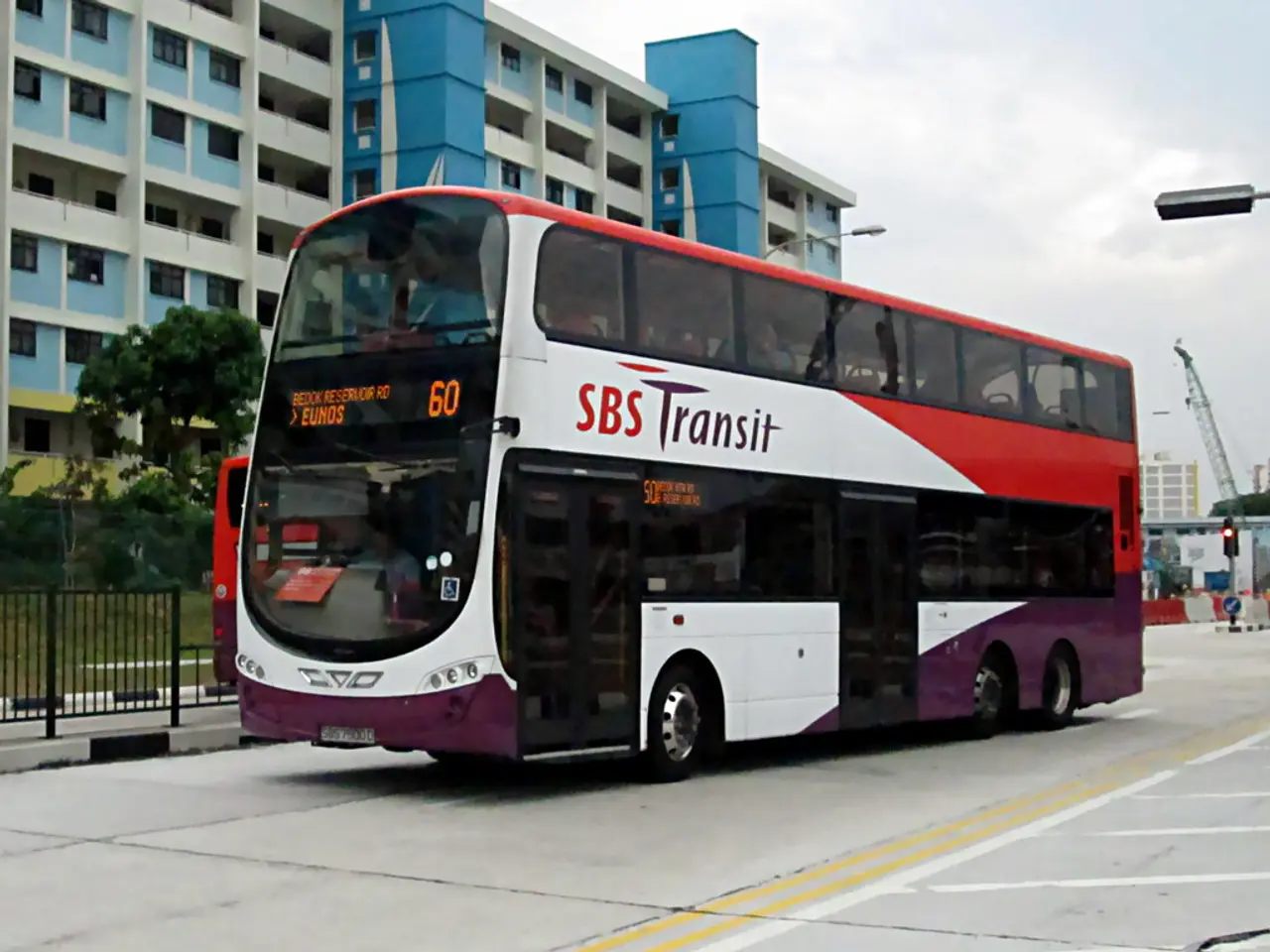Operators are protesting against the Federal Network Agency in the realm of telecommunications
In a recent development, the Federal Network Agency has proposed a new electricity distribution network charges scheme, causing concern among key players in the industry. The primary point of contention revolves around the reintroduction of grid fees for battery storage systems, a move that could have significant implications for the sector.
Currently, battery storage systems are exempt from grid fees until 2029. However, the Agency is considering charging these systems to contribute to the costs of grid expansion. This proposal has sparked a wave of opposition, with organizations like Voltwise and municipal utilities expressing their concerns.
The concerns centre around the potential negative impacts of imposing grid fees on battery storage. These could include severely restricting the expansion of battery storage systems, hampering market-friendly and system-friendly behaviour in storage utilization, and representing a hasty decision without a clear justification.
Voltwise, representing these concerns, advocates for a more thoughtful approach. They propose a three-stage model for gradually introducing grid charges, starting only after 2029. This model aims to balance stakeholder participation in costs with support for storage system expansion and grid integration.
Beyond the battery storage issue, the proposed reform also raises concerns about the financial framework for network operators. Dirk Güsewell, a board member at EnBW, warns that there is not enough money for the necessary investments in the networks by 2045, amounting to a mid-three-digit billion. Ingbert Liebing, CEO of VKU, shares this concern, expressing worry about the investment conditions for distribution network operators.
The Association of Municipal Enterprises, which includes municipal utilities, is also against the reform. They fear revenue losses and competitive disadvantages due to the reform, and worry that it may negatively impact the investments needed for the energy transition. Ingbert Liebing warns that the energy transition is at risk if investment conditions for distribution network operators continue to deteriorate.
In conclusion, the proposed electricity distribution network charges scheme has sparked a significant debate. The reintroduction of grid fees for battery storage is a key point of contention, with concerns about its potential restrictive effect on the sector and market dynamics. The reform's impact on the financial situation of network operators and the energy transition is also a major concern. As discussions continue, a balanced approach that considers all stakeholders is crucial to ensure a smooth transition towards a more sustainable energy future.
The proposed electricity distribution network charges scheme could potentially have adverse effects on the battery storage industry, with concerns about the restrictive impact on sector expansion and market dynamics. The financial implications for network operators, particularly the lack of funds for necessary investments by 2045, are also significant concerns, sparking opposition from organizations like Voltwise, municipal utilities, and The Association of Municipal Enterprises.




